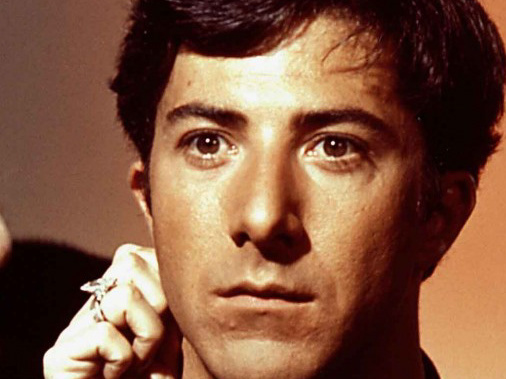Authors in the Age of Enlightenment questioned the church and state, using reason and rationality in their work. As time evolved a new form of literature, Romanticism, was born which shifted focus to emotion and the glorification of nature. Within this movement Mary Shelley produced Frankenstein, a book that challenges the typical belief of Romanticism by bringing gothic ideas and the first example of science fiction. It gave an original framework to literature of the 1800s while incorporating important metaphors and messages. Shelley is able to implicate historical context in an analysis that is much more than a monster being brought to life. Mary Shelley's Frankenstein is a critique of the French Revolution through, the monster's representation of the lower class and Victor Frankenstein's embodiment of the upper class, showing the atrocity of that era.
Mary Shelley and her husband, Percy Shelley, studied and read many works from ant-Jacobins, Burke and Thomas Paine to better understand the horrors of the French Revolution. Burke stated that military democracy was a “species of political monsters it produced.” Corruption in society produced the creation of Victor Frankenstein's monster, which is a representation of the lower class during the Revolution. The French Revolution sparked due to starvation, unfair taxation, and the third estates desire for a new form of government. In the novel, Victor abandons his creation leaving it to fend and survive for itself. Victor symbolizes the upper class and government, having the ability to help the poor yet choosing not to and furthering their suffering. The monster, just like the citizens before the French Revolution was mobilized, was able to express love and emotion, “Believe me Frankenstein: I was benevolent; my soul glowed with love and humanity; but am I not alone, miserably alone?” (Shelley 103) But Victor's abandonment and ignorance of the monsters demands drove it to commit murder. This presents a clear image of the innocents of the people of the Revolution. Peasants burned and robbed tax collectors houses and the elite, who were governing the system poorly. The lower class was only compelled to commit crime when their needs were ignored which led to madness, identical to the monster. “If I have no ties and no affections, hatred and vice must be my portion; the love of another will destroy the cause of my crimes” (Shelley 150) The monster believed that Frankenstein owed him certain immunities, this was Frankenstein's one responsibility being his creator and he denied him that right. The monster deemed only when his demands were not met that he had the right to rebel. This correlates to the lower class citizens of the Revolution because the upper class, in France, knew of the struggles and were warned of what would if not acted upon. The rich had both the money and power to help, yet decided to turn a blind eye and continue their noble privileges. It was with this decision that many suffered their lives.
Throughout the tale we see the loss of innocent lives, which expresses the belief that deaths could have been prevented because they were wrongfully accused and uninvolved in the matter. Justine was unfairly accused of the death of William which could represent the hysteria of the Reign of Terror. Maximilien Robespierre grew increasingly paranoid, causing him to send many blameless to the guillotine. Additionally all of the deaths in the book are circulated back to Victor's decision to abandon the monster and deny him his rights, “But I, the true murderer, felt the never-dying worm alive in my bosom.” (Shelley 89), Victor acknowledges his actions yet does not change his course of focus in giving the monster what it wants. William and Katherine's death were innocents merely killed because of Victor's weak choices. This relates to the upper class, although they were not directly carrying out executive order they had the ability to take action and end the lower classes suffering. Both Victor and the upper class are liable for the deaths and agony present upon the victims. “ William and Justine, the first hapless victims to my unhallowed arts.” (Shelley 90) Shelly makes a point in the book to kill off pure innocents to further emphasize the brutality of the French Revolution. This helps to reveal the people's rage against the nobility leading them to hate their creator, “Frankenstein”.
With Mary Shelley’s evident background studies in historical context it is apparent that through her works of Frankenstein she buries a much deeper, meaningful message. The tale of fiction and horror is perceived to represent a critique on the French Revolution. Projection of the initial nontoxic nature of the lower class portrayal of the monster, rising against the upper class representation of Victor Frankenstein. Through this we see the loss of innocent lives such as Justine and Elizabeth displaying how during the reign innocents lives were lost and suffered. The “monster” could only rest when Frankenstein was killed thus showing that the revolution ended when justice was brought forth.








